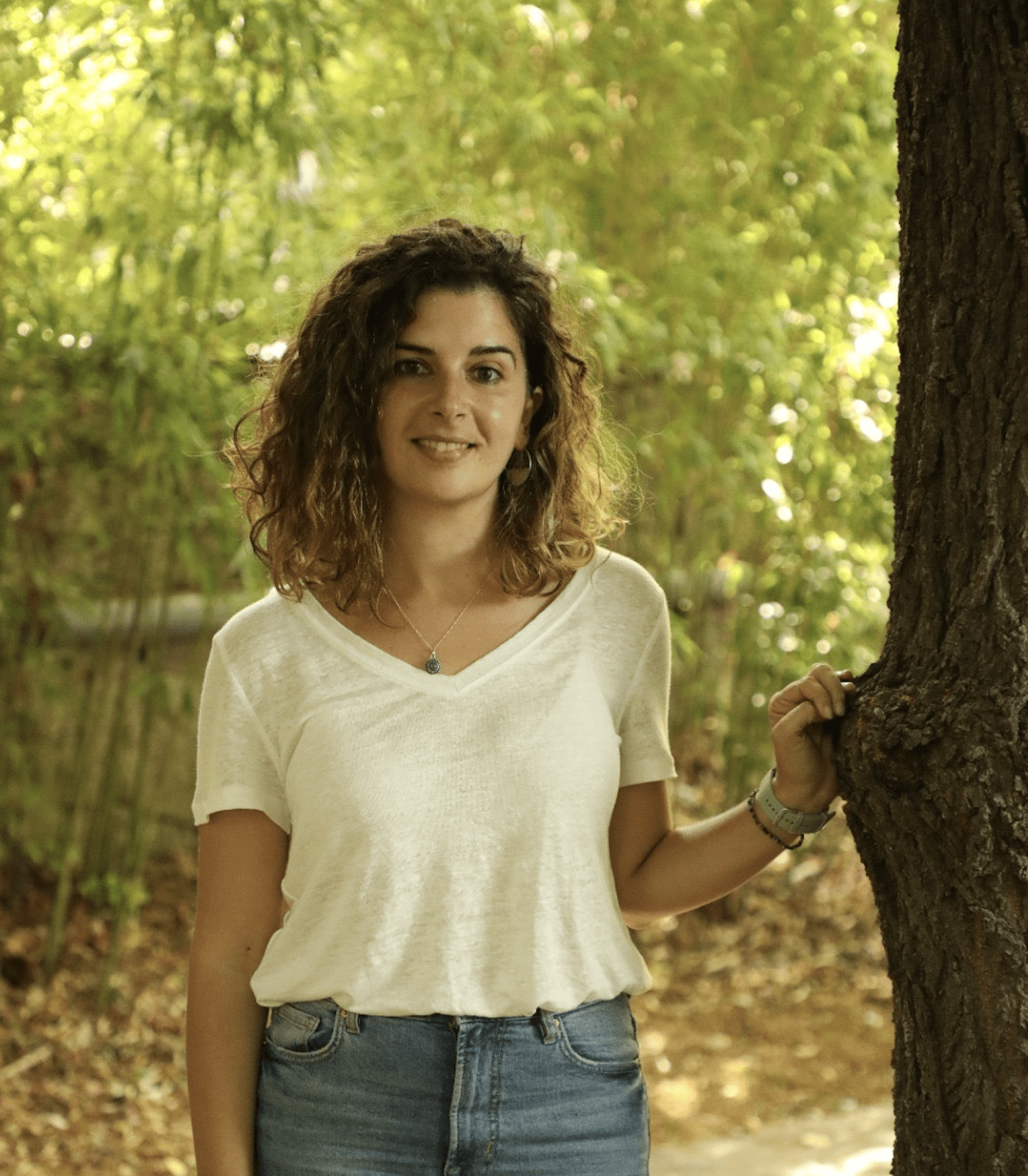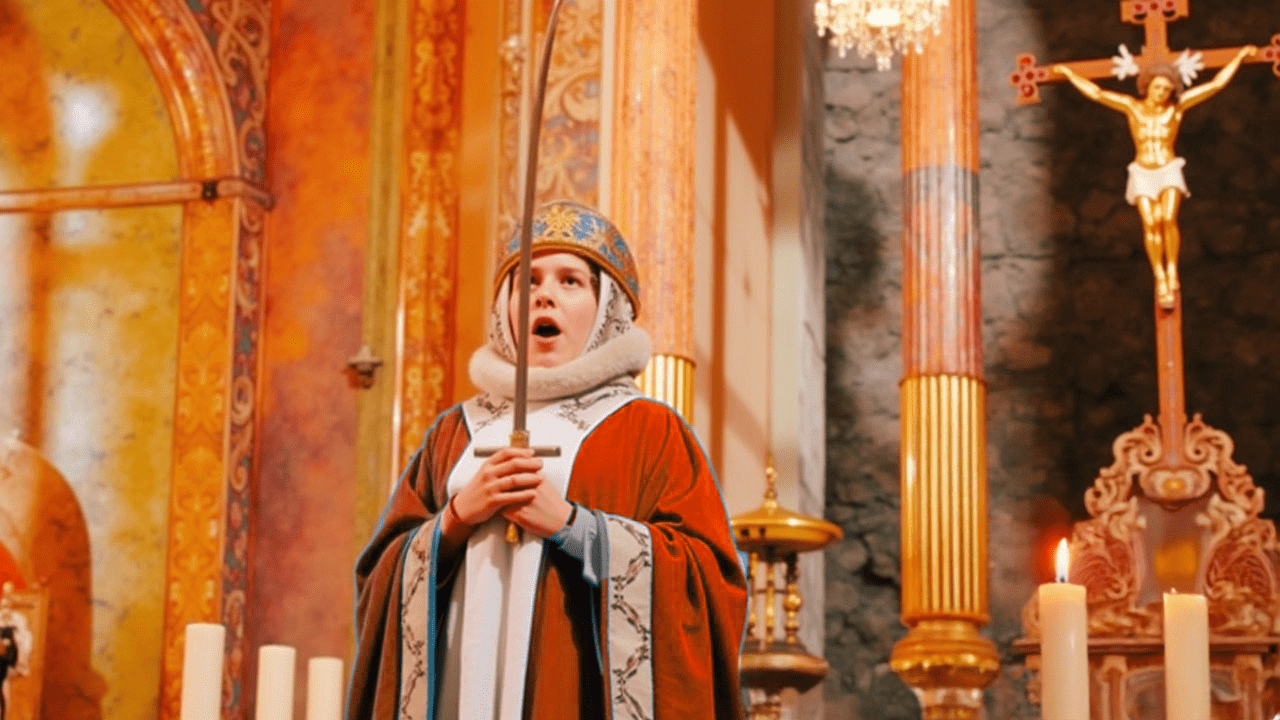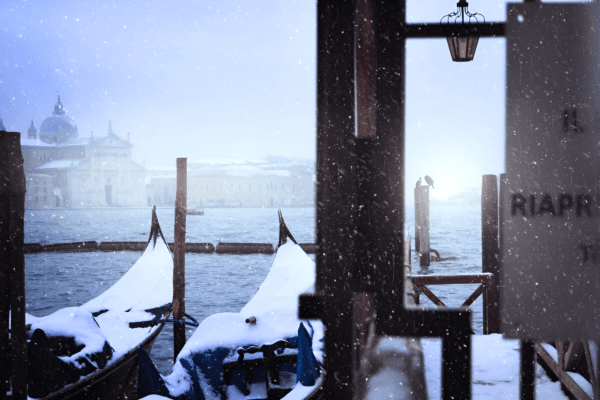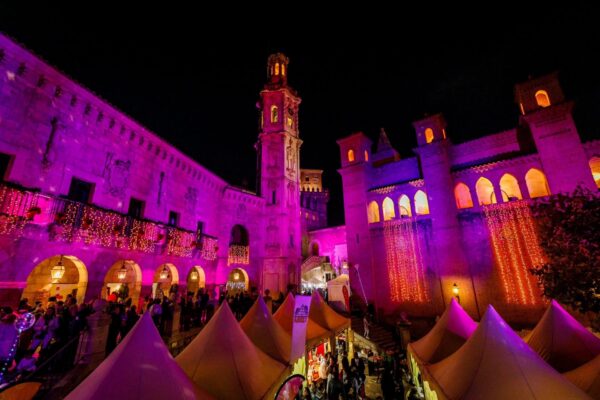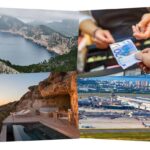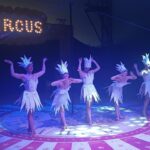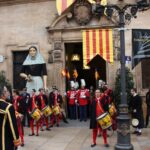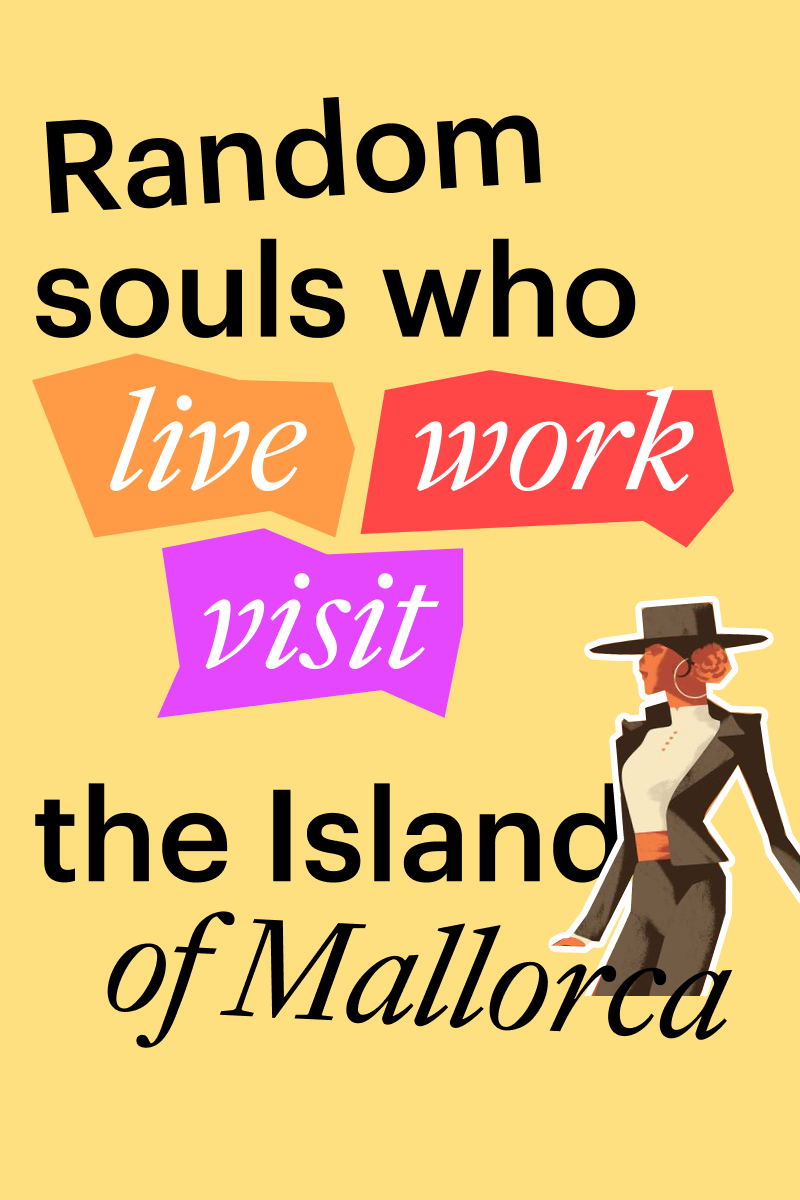In a world where nature often seems at odds with human progress, biologist Malena Bibiloni offers a refreshing perspective: the Balearic Islands, with their isolated ecosystems, serve as a living laboratory of biodiversity. Born and raised in the heart of Mallorca, Malena’s love for the natural world began in the countryside of Sencelles. In this interview with ‘Humans of Mallorca’, Malena shares her journey from childhood curiosity to a career dedicated to protecting and studying the island’s flora and fauna. From the rare plants that grow only on Mallorca’s rocky slopes to the island’s iconic amphibians, she reveals why preserving this unique biodiversity is vital not only for the island but for the world.
Where were you born?
I was born in Sencelles, on February 15, 1987, in the heart of the island of Mallorca, where I still live today.
Where did you study?
I studied biology at the University of the Balearic Islands (UIB) and then took a master’s degree in plant biology under Mediterranean conditions at the same university.
As a child, what did you want to be when you grew up?
I never had a clear plan because there were many things I liked to do, like exploring nature, drawing and all sorts of creative activities, reading… In the end, I let life surprise me.
Who are your parents?
Marilú and Guillem, of whom I couldn’t be more proud.
What did they give you in life? What are you grateful for?
They taught me to live with simplicity and humility. They gave me the opportunity to grow up in a house in the middle of the countryside, where my play space was nature. They were probably the ones who taught me, by their example, to appreciate the beauty of nature.
Where do you live now and why do you like this place?
I live in Sencelles, the town where I was born and of which I am very proud. What I like most about Sencelles is that it’s a quiet place and, at the same time, very dynamic thanks to a powerful network of people willing to change things to make this place a more fair and sustainable place.
How did you choose your profession? Why?
I decided to study biology because of my curiosity about nature in general. Once I started studying and I learned to classify and identify plants, they won me over, as they accompanied me on all my walks and never ceased to surprise me with their beauty and generosity.
What is so special about the nature of Mallorca? Which unusual plants are found only here?
The Balearic Islands have a very rich biodiversity of species and habitats. Because the islands are isolated, they act as a laboratory of biodiversity. If we take a walk around the island of Mallorca we can find species that are unique in the world! For example, the Hypericum balearicum, a common shrub in the Serra de Tramuntana or, if we go closer to the coast, we’ll find species that thrive in saline soils (Limonium spp.).
What about animals?
As for fauna, there are also unique species such as the “ferreret” (Alytes muletensis), a small amphibian that naturally only lives in the streams of the Serra de Tramuntana, or the “buscaret de cap negre” (Sylvia balearica), a small bird unique to the Balearic Islands. These are just a few examples of the many natural treasures that we must preserve.
What is your favorite plant, animal or bird?
Wow! It’s difficult to answer this question, there are so many species that I feel special sympathy for that I couldn’t choose just one.
Tell us a little about your career: how did you get started and how did you become a professional?
After finishing my degree, I worked on-and-off as a course trainer for workers and as a guide at some scientific exhibitions. This previous experience is what opened the doors to me working as an environmental educator at the MUCBO / Jardí Botànic-Museu de Ciències Naturals, in Sóller, where I continue to work today and where I introduce visitors to the flora of our islands. In addition, in recent years I have created some nature trails for the Sencelles Town Council and I have trained as a forest-bathing guide in order promote greater engagement with nature, in this case, in the form of well-being.
What was your first success?
Probably starting to work at the botanical garden was my first professional success, and also my first personal one, since from that moment on I have been very clear about my goals as a biologist: to share with people the love and admiration I feel for nature, especially for the plant world, in order to awaken feelings of respect for our environment.
What are you most proud of? Why?
Every time I manage to change people’s perspective on their natural environment, whether through my work as an environmental educator or through forest bathing, I feel very proud.
What challenges have you faced?
I often find it difficult to find time to combine work with my other personal projects such as forest bathing, nature walks or illustration. Little by little I am striking a balance.
What do you think of the protests against tourists in Mallorca?
I don’t think the protests are against tourists but rather against the tourism model. Just like in any ecosystem, where the different living beings and resources must be in balance for the system to work, the same happens with some tourism models that exceed the limits, putting a territory at risk. I think that when it comes to islands, we have to take into account the carrying capacity and the limited natural, social and cultural resources. That’s the only way to prevent damaging the natural environment and undermining the quality of life of the local population.
In what ways is Mallorca better than Barcelona or Madrid?
Uh! I don’t like comparisons, and it all depends on personal preferences and priorities. If we are talking about the qualities of Mallorca… the natural landscapes are spectacular, the distances are shorter, allowing you to explore all its corners easily, and it offers a quieter and more relaxed lifestyle than the big cities.
What professional plans do you have for this year?
To continue with my work as an environmental educator and continue offering forest baths, not only as a guide, but also as a forest therapy professional after completing, shortly, the certification I am studying.
What is your goal in life?
To live simply, appreciating the small daily pleasures, so I can live in peace and gratitude.
How do you see Mallorca in 2030? What changes would you like to see?
I would like Mallorca to become the island of calm again. I think that a more sustainable tourism model would be key to achieving this, as it would allow us to protect the natural environment, reduce the impact of mass tourism and improve the quality of life for both residents and visitors.
Text by Anastasia Barysheva
